Dozens of experts demand better accessibility for lifesaving genetic testing
Australia’s leading genomics experts will look at localising a UK blueprint for genetic testing to improve the country’s dire access issues which have resulted from a “piecemeal” funding system, long wait lists and a limited workforce.
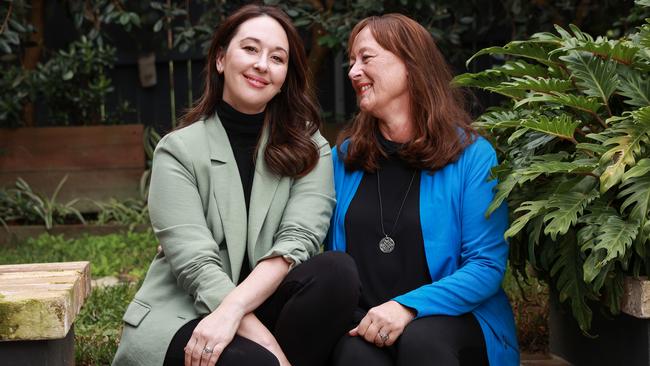
Australia’s leading genomics experts will look at localising a UK blueprint for genetic testing to improve the country’s dire access issues which have resulted from a “piecemeal” funding system, long wait lists and a limited workforce.
Dozens of representatives from medicine, academia, government and advocacy will meet in Canberra on Monday to design a way forward for Australia’s flawed genomic healthcare system, as the country falls behind other developed nations.
On the table is the localisation of the ‘UK Genomic Test Directory’ which specifies which genetic tests are commissioned by England’s NHS, the technology by which they are available, and who is eligible, and could improve how Australia manages diseases like cancer, motor neurone disease and rare heart conditions.
These experts will also scrutinise the government’s Health Technology Assessment process, which determines which health technologies can be sold in Australia and whether they are subsidised, but is far too slow to keep pace with evolving genomic technology.
Royal Melbourne Hospital’s Chair in Adult Clinical Genetic Medicine, Ingrid Winship, said there were “very significant gaps” to the equitable access of tests but that mainstreaming genomics was “critical” to preventing disease.
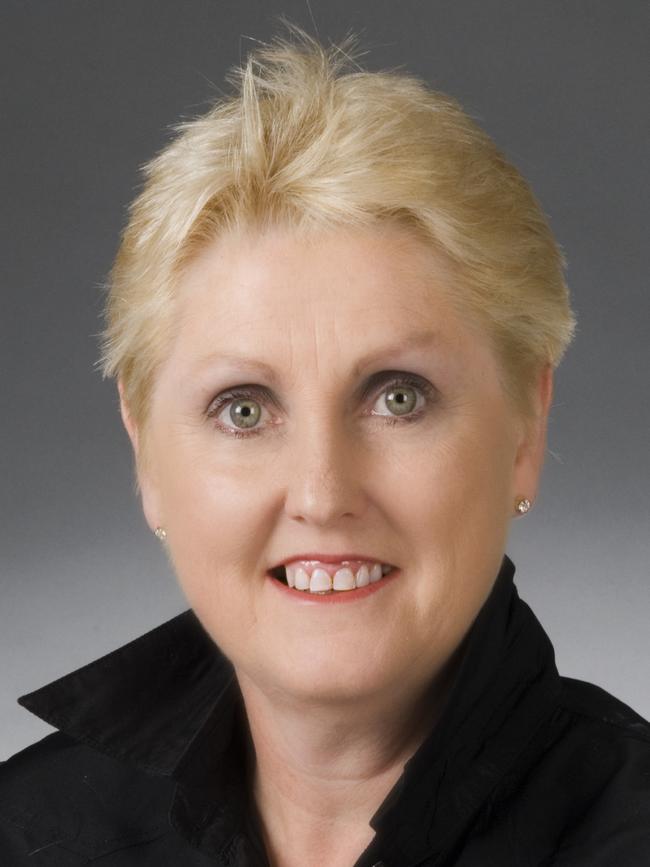
“The challenge for the genetic services is the speed at which technology and demand is increasing, with limited resources,” the clinical geneticist told The Australian.
“The services we have available are ‘boutique services’ and cannot cope with demand. We essentially need to quadruple resources. There are insufficient numbers of genetic counsellors … (and) long wait lists are an ongoing concern.
“Funding for genetic testing is inconsistent, even across genetic clinics in the same state, and the Medicare funding is piecemeal … Medicare pays for a small number of tests.”
“Some genetics tests are already carried out by GPs such as the Factor V Leiden clotting disorder. But overall it takes time … and they will not have the time to do this,” Professor Winship said.
Genomics health advocate Krystal Barter, who organised the meeting of experts at Parliament House, said almost two decades after she was tested for the BRCA1 gene variant, many Australians still “don’t have access to genetic tests that could save their life or change a treatment decision”.
Ms Barter, who co-founded the Genomics Coalition, calls Professor Winship her “hero” after she discovered her distraught family in the halls of a small country hospital in NZ more than twenty years ago and offered them some of the first genetic tests for the gene mutation, which increases the risk of breast and ovarian cancer.
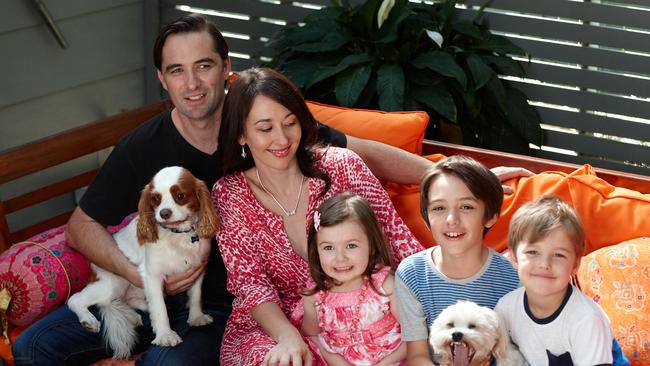
“When I was young, my nan had cancer three times in her 40s, 50s and early 70s, before she passed way. My mum was diagnosed at 36, when I was 14 years-old … My extended family has been pretty much obliterated.
“I grew up feeling like life was predicted, I was alive but was always wondering when is it going to come get me … But that all changed when I became a mum and got the test,” she said.
“There’s been a gradual progression in genomics from when I was tested to today. But I still meet so many people diagnosed with cancer, who had an undiagnosed gene mutation, or families facing rare diseases who are in a vicious cycle of trying to get answers, and genomics could bring that.”
The mother-of-three said her eldest son won’t get tested until life insurance discrimination is fixed.
“My ultimate goal is that every Australian can get access to the right tests at the right time … Everyone diagnosed with a rare disease, condition or cancer that would benefit from more personalised treatment should be given the right test to make use of finite resources. We are slowly getting there but I want to see it accelerated.”




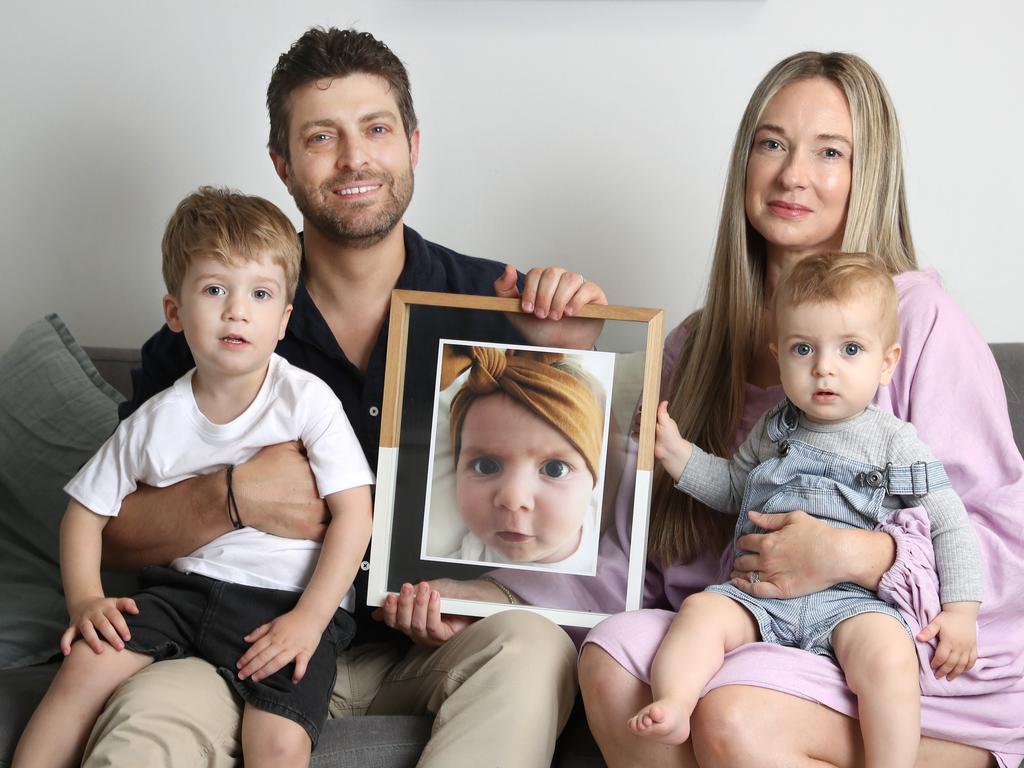
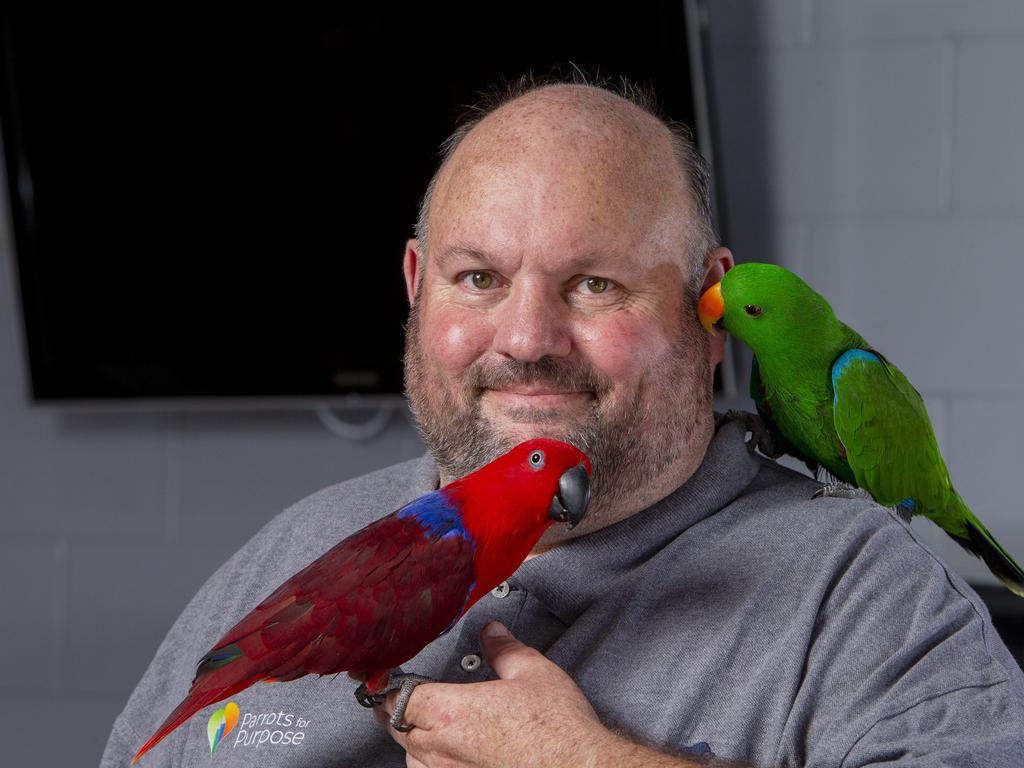


To join the conversation, please log in. Don't have an account? Register
Join the conversation, you are commenting as Logout